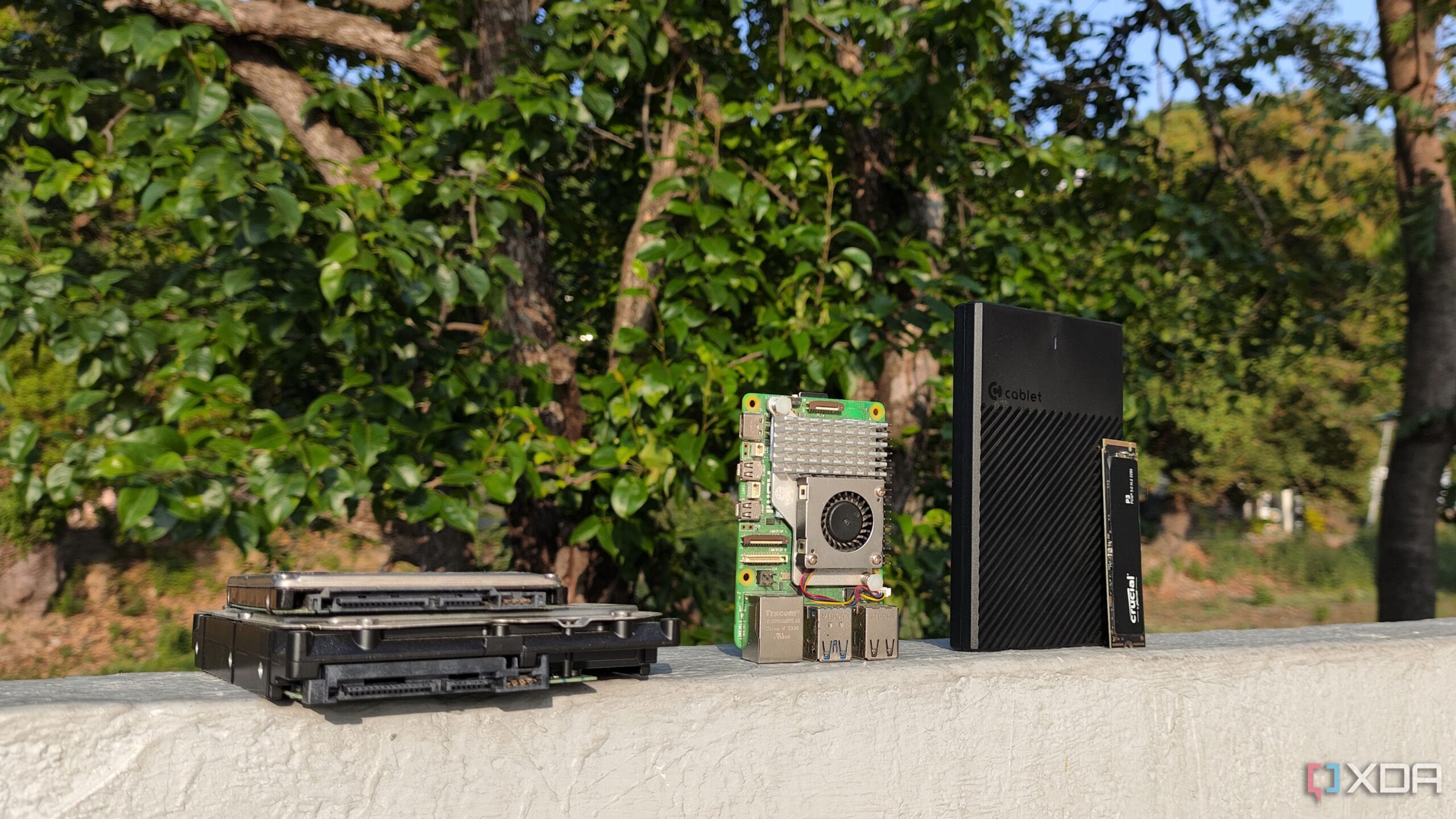URGENT UPDATE: New reports confirm that the popular Raspberry Pi, while versatile, is not suitable for dedicated NAS (Network Attached Storage) setups. Experts warn against using these small computers for high-demand file sharing, urging users to consider proper storage solutions instead.
As of today, users are realizing the limitations of the Raspberry Pi in handling heavy file transfers and media serving. Although it excels as a light file-sharing server, the hardware fails to support the demands of a robust NAS environment. This is crucial information for tech enthusiasts and DIYers looking to optimize their setups.
The Raspberry Pi features compatibility with OpenMediaVault, allowing users to create basic file-sharing servers with relative ease. However, the device struggles significantly when tasked with running multiple hard drives. Experts note that while a single HDD can be managed, attempting to connect multiple drives leads to performance issues and potential data corruption due to unreliable USB connections.
Key issues include:
– Lack of sufficient SATA ports for stable HDD connections.
– Overhead from USB ports during heavy workloads, risking data integrity.
– Limited processing power when managing multiple drives.
Although some users have successfully used Raspberry Pi as a secondary backup solution with Tailscale, the consensus is clear: for dedicated storage tasks, a more robust system is essential. Many enthusiasts have reported spending over $200 on a Raspberry Pi setup with additional components, only to find that the performance does not justify the costs.
With the average consumer-grade HDD capable of exceeding the Raspberry Pi’s 1 Gigabit networking speed and the 125MB/s limit, users are left frustrated. Upgrading to faster Ethernet options is not only costly but also risks disconnections with USB-powered devices.
Experts recommend considering pre-built storage servers over Raspberry Pi for serious NAS projects. The efficiency and performance gains from dedicated systems can far outweigh the initial investment, allowing for faster data transfers and more reliable storage solutions.
As tech enthusiasts explore the potential of Raspberry Pi, the message is clear: while it remains a favorite for various computing projects, using it as a NAS could lead to disappointment. Users are encouraged to re-evaluate their storage needs and invest in more suitable hardware for high-demand tasks.
Stay tuned for further updates on this developing story as more users share their experiences and alternatives to the Raspberry Pi NAS setup.
